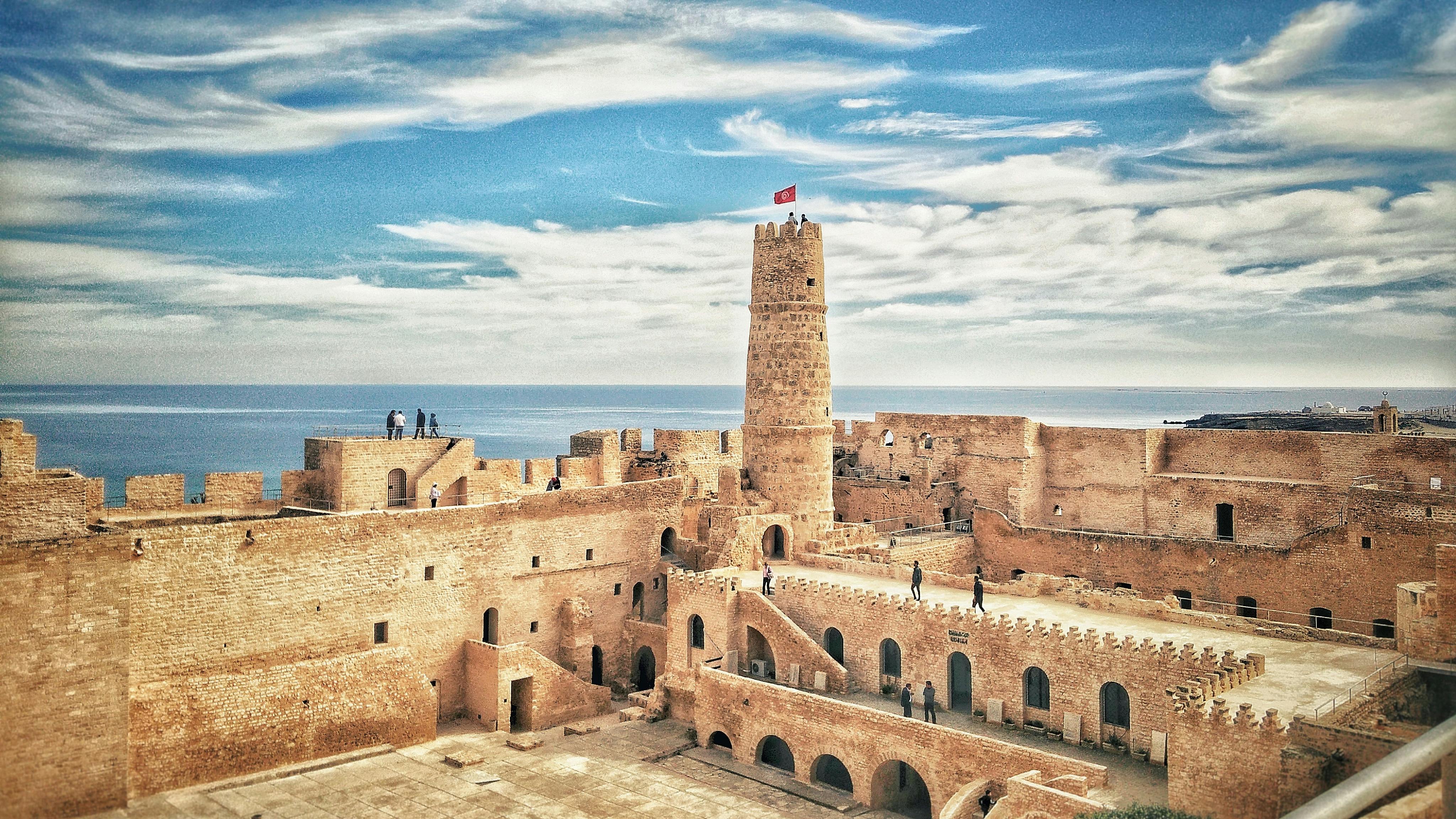More information
Rates
Read about our pricing, reimbursements and more.
Travel tips
Protect yourself against common travel risks.
Where to find us?
See the overview of our locations.
Have a question?
Have questions about travel advice, vaccinations, or anything else? Check out our frequently asked questions.

We are KLM Health Services
We have been experts in the field of healthy living, working and travelling for more than 25 years. Everything to ensure that you as a traveller, employee or organisation can get the best out of yourself every day and push your limits.
- From travel advice and vaccinations to health check-ups
- For every traveller, also when you are not flying KLM
- 40,000+ vaccinations per year
